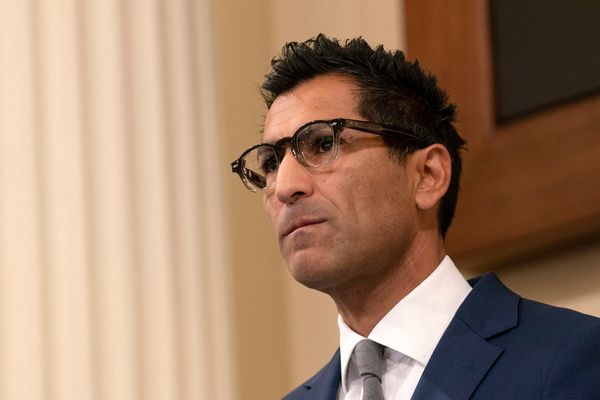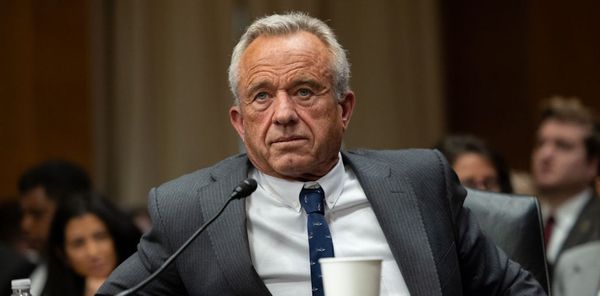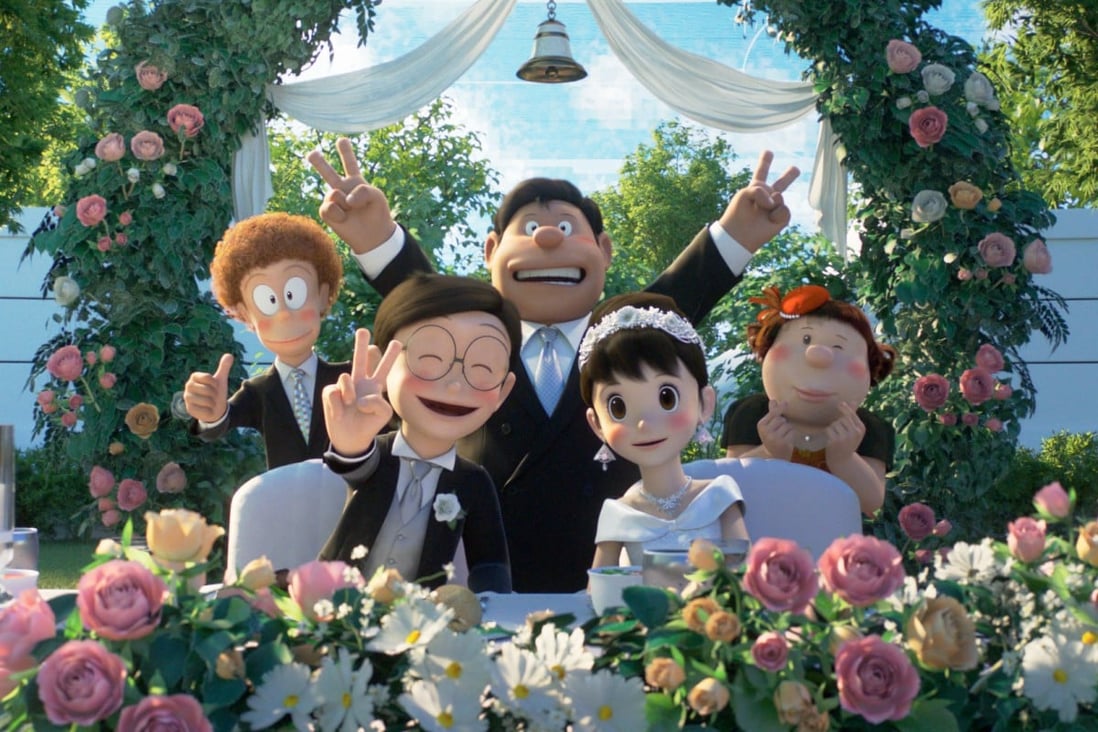
3.5/5 stars
For more than 50 years, the futuristic blue robot cat Doraemon has been helping a ten-year-old boy named Nobita avoid school bullies, make better life choices, and hopefully win the heart of his friend, Shizuka.
Writer-illustrator duo Fujiko Fujio’s creations have become a multimedia phenomenon, spanning manga, anime, and animated films, while never straying far from their simple premise – until 2014’s computer-generated feature Stand By Me Doraemon, billed as a “special film” and which attempted to tell a more mature and adult-oriented story.
The film was a monumental success, grossing US$200 million at the Japanese box office and winning the Japanese Academy Award for best animated feature. Stand By Me Doraemon 2 continues its story, and sees Nobita encounter both his younger and older selves, attend his own wedding, and pay a visit to his dearly departed grandmother.
After receiving yet another scolding from his mother for failing a school test, Nobita (voiced by Megumi Ohara) declares that he must be adopted, as his real parents would never treat him so badly. He yearns for the unerring dotage of his grandmother (Nobuko Miyamoto), who used to spoil him rotten.
With the help of Doraemon’s time machine, the pair travel back in time to pay her a visit, where she reveals her wish to see Nobita married and to meet his bride.
Following the events of the previous film, Future Nobita (voiced by Satoshi Tsumabuki) has finally won the heart of Shizuka (Yumi Kakazu), but on the morning of their wedding, he disappears. Witnessing this impending disaster on one of their frequent jaunts to the future, Doraemon convinces Nobita to stand in for his older self, and with the help of the cat’s time-bending gadget Time Kerchief, heads to the ceremony, where nothing goes according to plan.
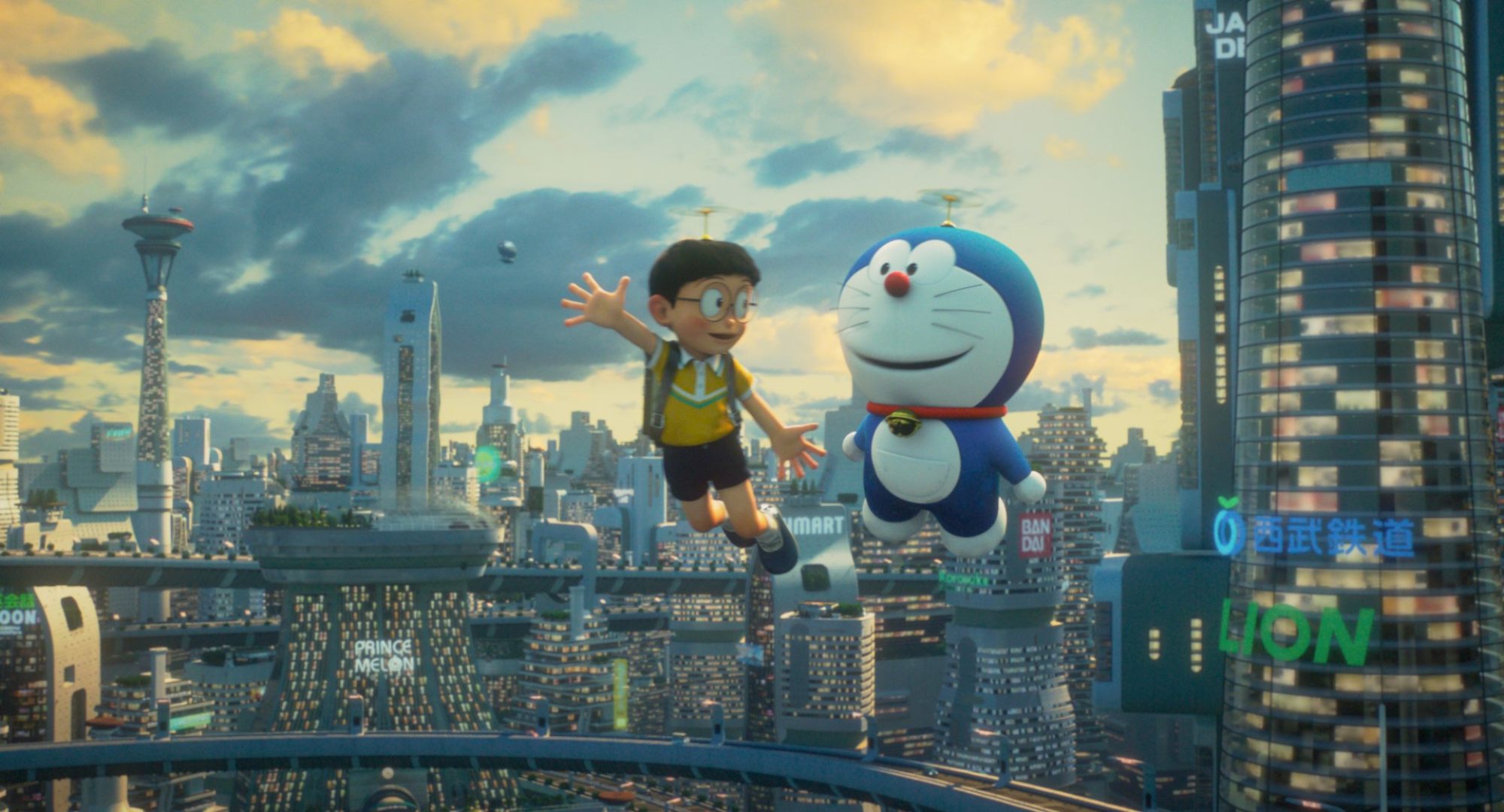
Stand By Me Doraemon 2 lacks the emotional wallop of its predecessor, but nevertheless provides a consistently entertaining parade of playful mischief and adventurous high jinks.
Deftly riffing on time travel and body-swap tropes, writer-director Takashi Yamazaki (together with co-director Ryuichi Yagi) imbues the story with plenty of humour and heart, while his wealth of visual effects experience adds a startling photorealistic quality to the animation.
However, the characterisations, and Nobita’s relationships with those around him, are what matter most. His future self’s closing wedding speech articulates Doraemon’s central thesis beautifully – that he stands to learn as much from future generations as from those who have preceded him – and that message is timeless.
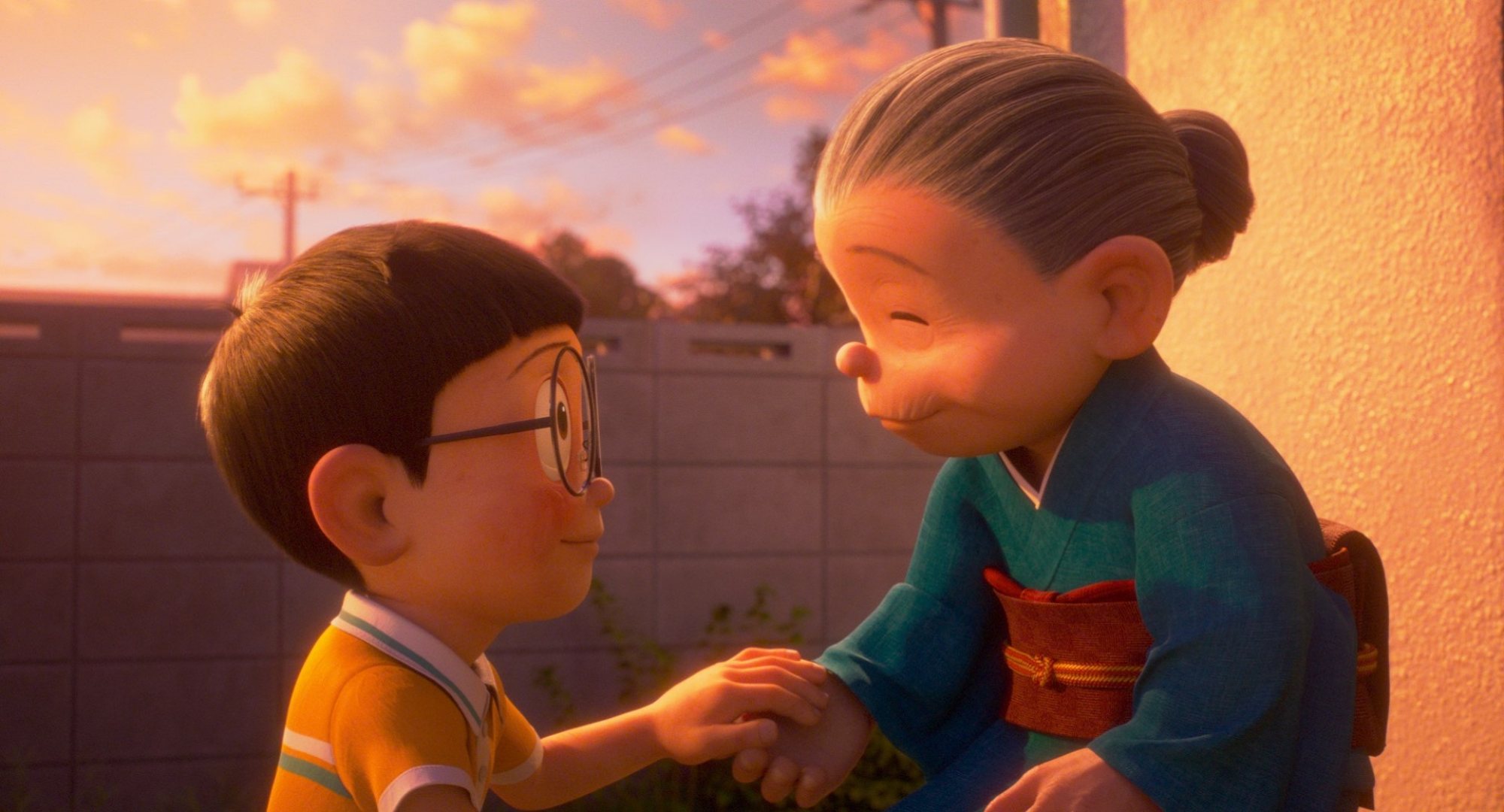
Want more articles like this? Follow SCMP Film on Facebook




